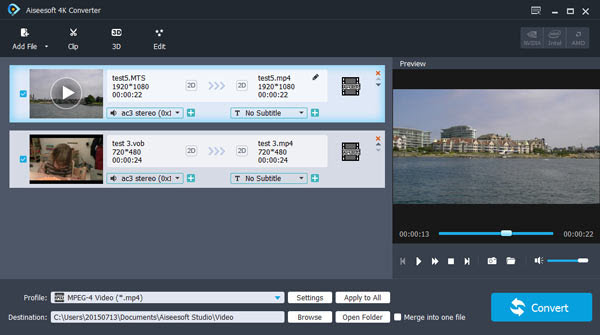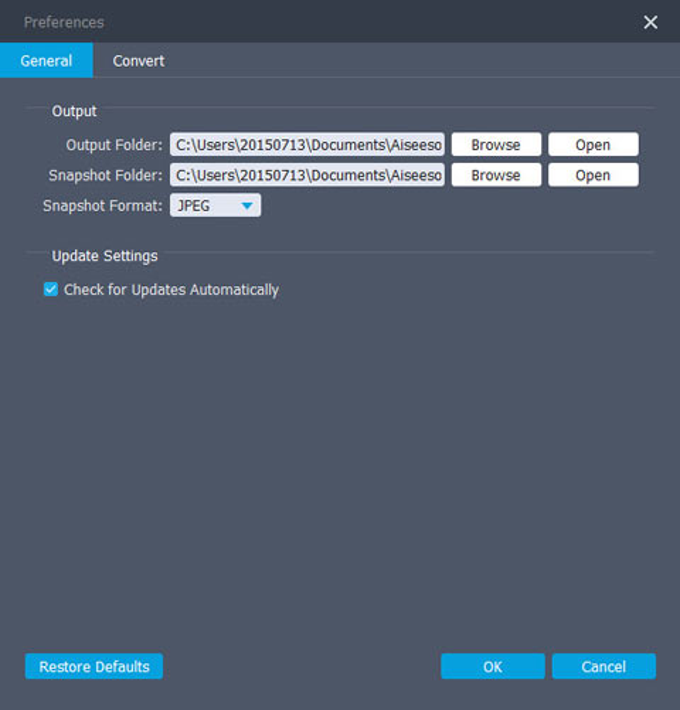

Besides the issues mentioned above, you will also want to pay attention to the 4K resolution of your original video, and check whether the converter supports the 4K video resolutions at various aspect ratios (4K 16:9, 1.9:1, 4:3 etc). When choosing a 4K video converter, there are several factors to consider. With a dedicated video processing tool, you can convert 4K video and make it smaller – no matter you decide to keep the original resolution or downscale – without losing quality. Depending on your settings when recording the video, the file size can be unnecessarily large. Convert 4K to the best quality at smaller size: This is handy for 4K files from iPhone, GoPro videos, DJI, and DLSR cameras.

4K converter can change codec, convert VFR to CFR, and manage other codec settings. Plus, iPhone that shoots VBR (variable frame rate) 4K video can be problematic for editing software. 4K video stuttering or lagging: Some devices fall short on 4K HEVC, 4K 10bit, or 4K HDR videos.Converting 4K MKV to MP4, MOV for playback, or to ProRes (intermediate codec) for video editing. Compatibility concerns: Dealing with playback errors on TV, Windows/Mac, upload correct 4K format to YouTube and edit smoothly in DaVinci Resolve, etc.Convert 4K to 1080p: Downscaling 4K videos to lower resolution to save storage space, go for quick sharing where quality is less a matter.Instead, the specific use case can be, you are editing on a 4K timeline with footage from various resources, and you prefer to convert a video to 4K to streamline the process. Some users are trying to do so not because they want to fake a 4K video.



 0 kommentar(er)
0 kommentar(er)
